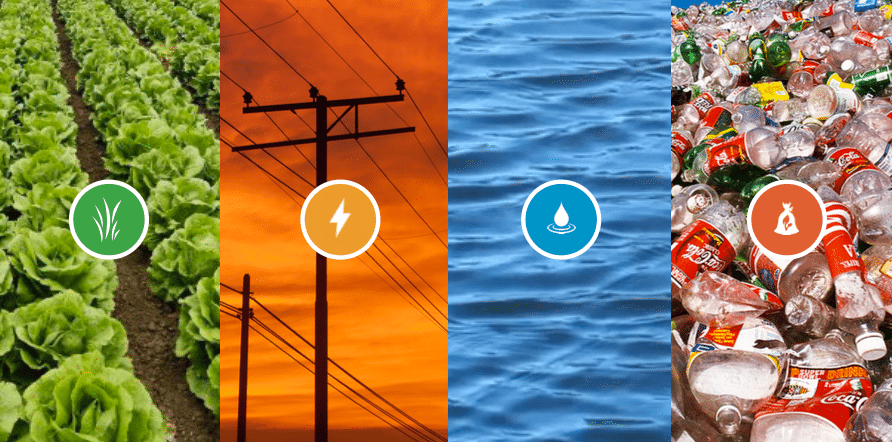
Grab a fork … or don’t
Do you trust your food and how should you eat it? If you read today’s news, you realize not all food is created equal. In fact, much of today’s industrial food production is focused on engineering food for you to like, rather than foods that are healthy. Read the “The Extraordinary Science of Addictive Junk Food” by Michael Moss in The New York Times. It will scare you to no end to realize that the food industry is making addicts out of all of us with incredibly unhealthy food.
The trend to get food to table as quickly and as inexpensively as possible is resulting in food systems that are unhealthy, unsustainable and are irresponsible to our natural resources.
- If you dine out regularly, you know the waste that comes from disposable chopsticks. We have to start using recycled chopsticks or renewable ones from sustainable foresting. We are decimating forests just to eat with new wooden chopsticks. Roughly 80 billion chopsticks are used and disposed of per year in China alone, says one report. So, do we need to convert to forks? I don’t believe that will ever happen so let’s just use a bit of agroforestry and good a fast growth species of poplar or bamboo to make chopsticks.
- If you’re really hungry, be careful about what you eat in China where there is this persistent use of contaminated water to irrigate crops when no fresh source is available. This generates crops of produce with very harmful substances, pesticides, heavy metals, and poisons in them. The problem is made worse by the fact that water sources in many places are not regulated at all. Believe it or not this problem is widespread around the world, just not as pronounced outside of China. Even the organic farmers in the U.S. say that one of the hardest jobs is to ensure a water source free of impurities that would disallowed the organic label. Again hard to trace and track.
- All humans need to become knowledgeable of what we eat. Recently, my eldest daughter handed me a chapter from The Botany of Desire, by Michael Pollan, about the potato and told me to read it. She was outraged, “We have to stop all this reckless farming and listen to the organic guys.” This was perfect! She and her school-age friends can see the threat their food system is under. She also asked me if it is worse to eat the industrial chemicalized and fertilized potato or the Genetically Modified Potato, that grows with its own pesticides inside. I don’t have a good answer for her yet.
The industrial food complex is just that: complex. Articles, such this one in Concern Scientists, illustrate the fact that there is so much knowledge about how to scale real old fashioned farming without such a high need for harmful chemicals. Why aren’t we all over this issue?
The brightest news is how many young farmers are stepping up to figure out our food system and make a difference. USA Today recently reported on the fact that women are becoming a big part of the new farmer population – numbers of women-owned farms are double what they were a decade ago and seem to be accelerating. This confirms the importance of Annie’s Project at most major Agriculture Schools, like this one in Maryland. These programs are full of resources for farmers and really insightful for women farmers particularly.
If we keep working on these issues we will be able to eat better and live in a healthier environment. I know I want to be able to trust my food again.
